During the mid-20th century, George Orwell famously wrote a novel featuring the sinister embodiment of surveillance, the Big Brother State. In his 1984, the people of the State were watched closely. Privacy was a thing of the past and rendered virtually impossible due to extreme government overreach.
In 2022, we are beginning to see the ‘fictional’ premise taken up and implemented in various ways by our government and corporations.
Already a subscriber? Log in
Subscribe for just $2 a week
Try a month of The Spectator Australia absolutely free and without commitment. Not only that but – if you choose to continue – you’ll pay just $2 a week for your first year.
- Unlimited access to spectator.com.au and app
- The weekly edition on the Spectator Australia app
- Spectator podcasts and newsletters
- Full access to spectator.co.uk
Or

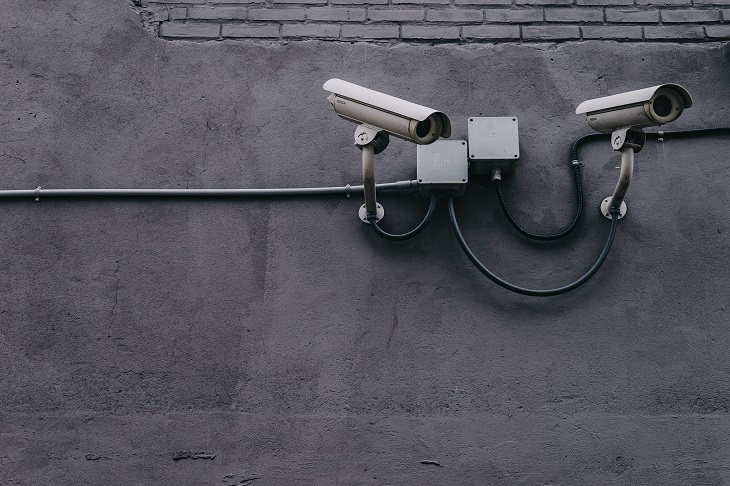
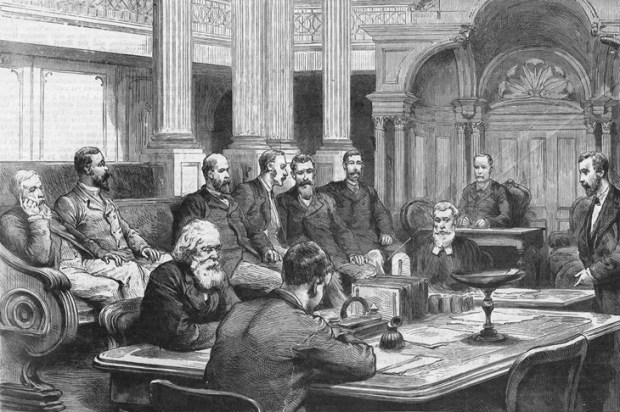
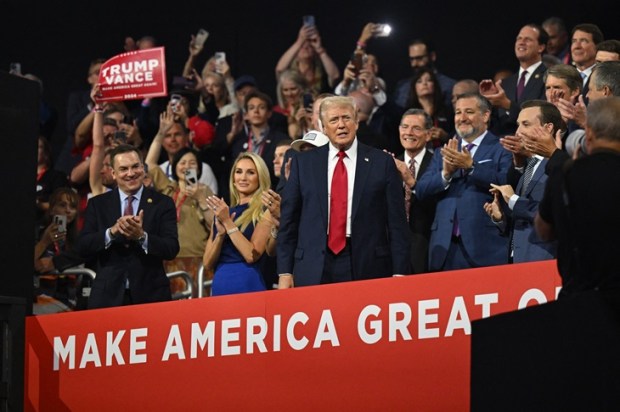
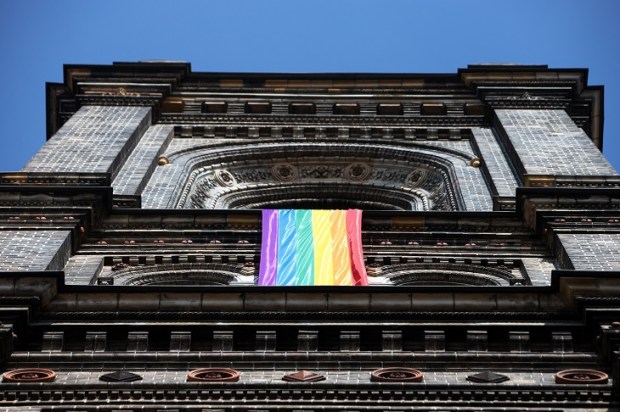
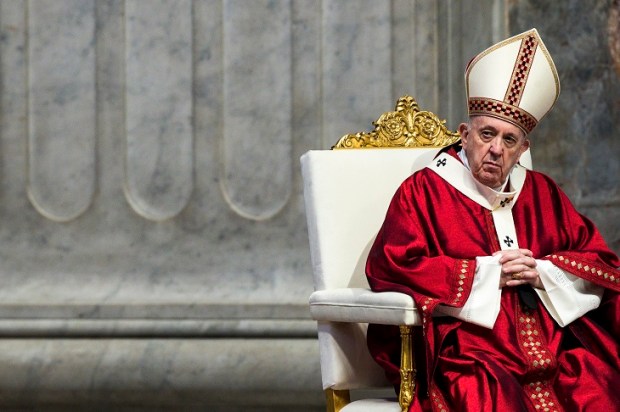
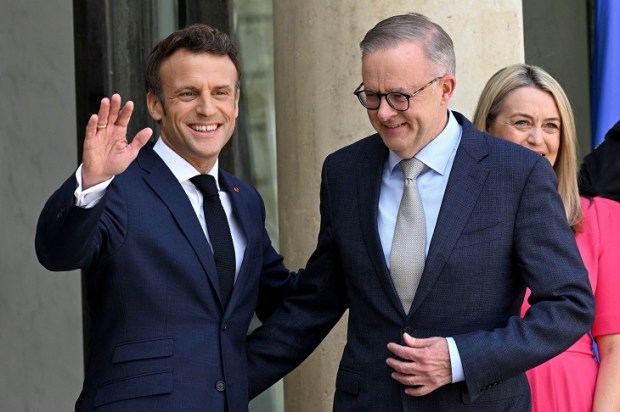



















Comments
Don't miss out
Join the conversation with other Spectator Australia readers. Subscribe to leave a comment.
SUBSCRIBEAlready a subscriber? Log in